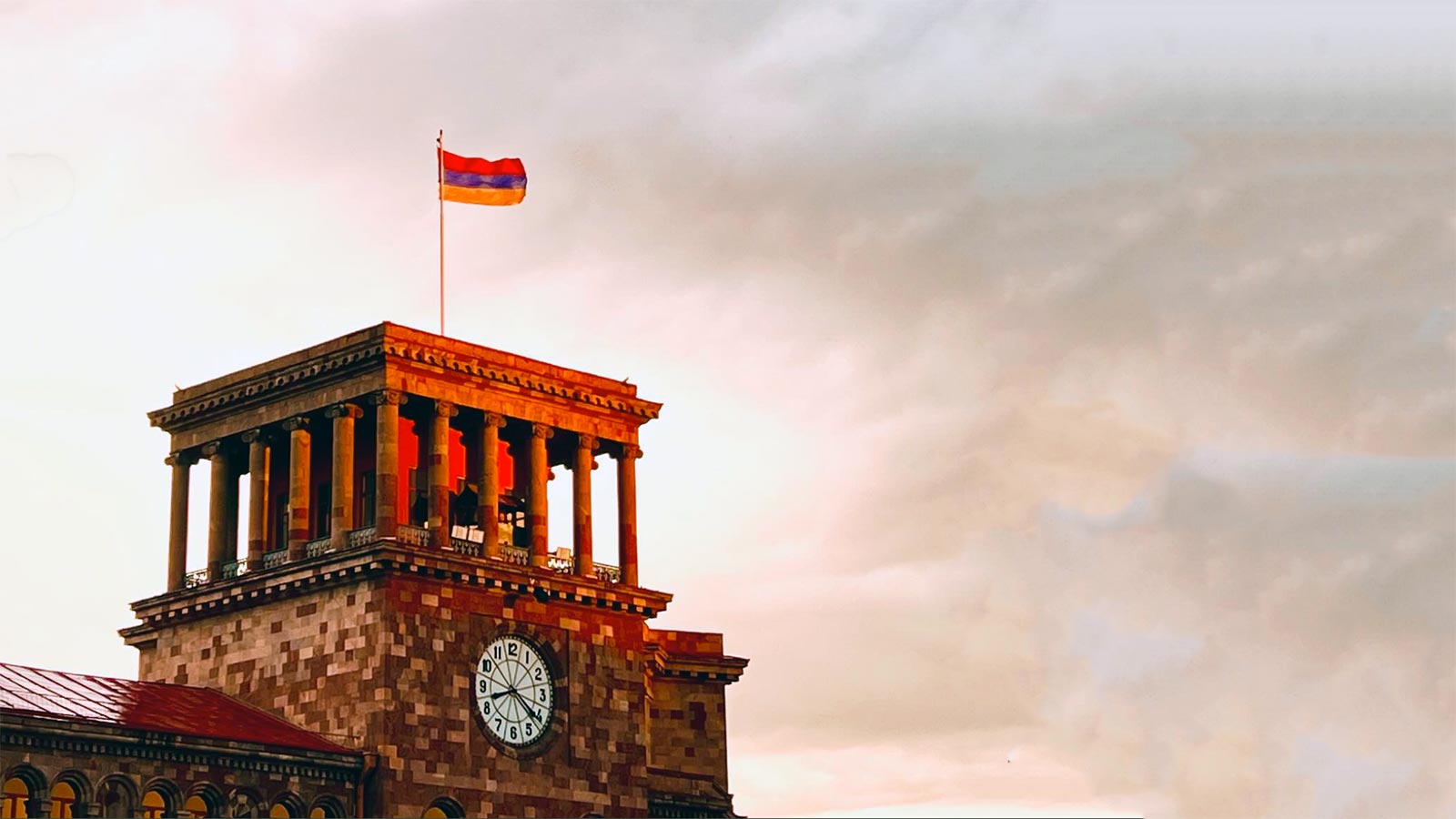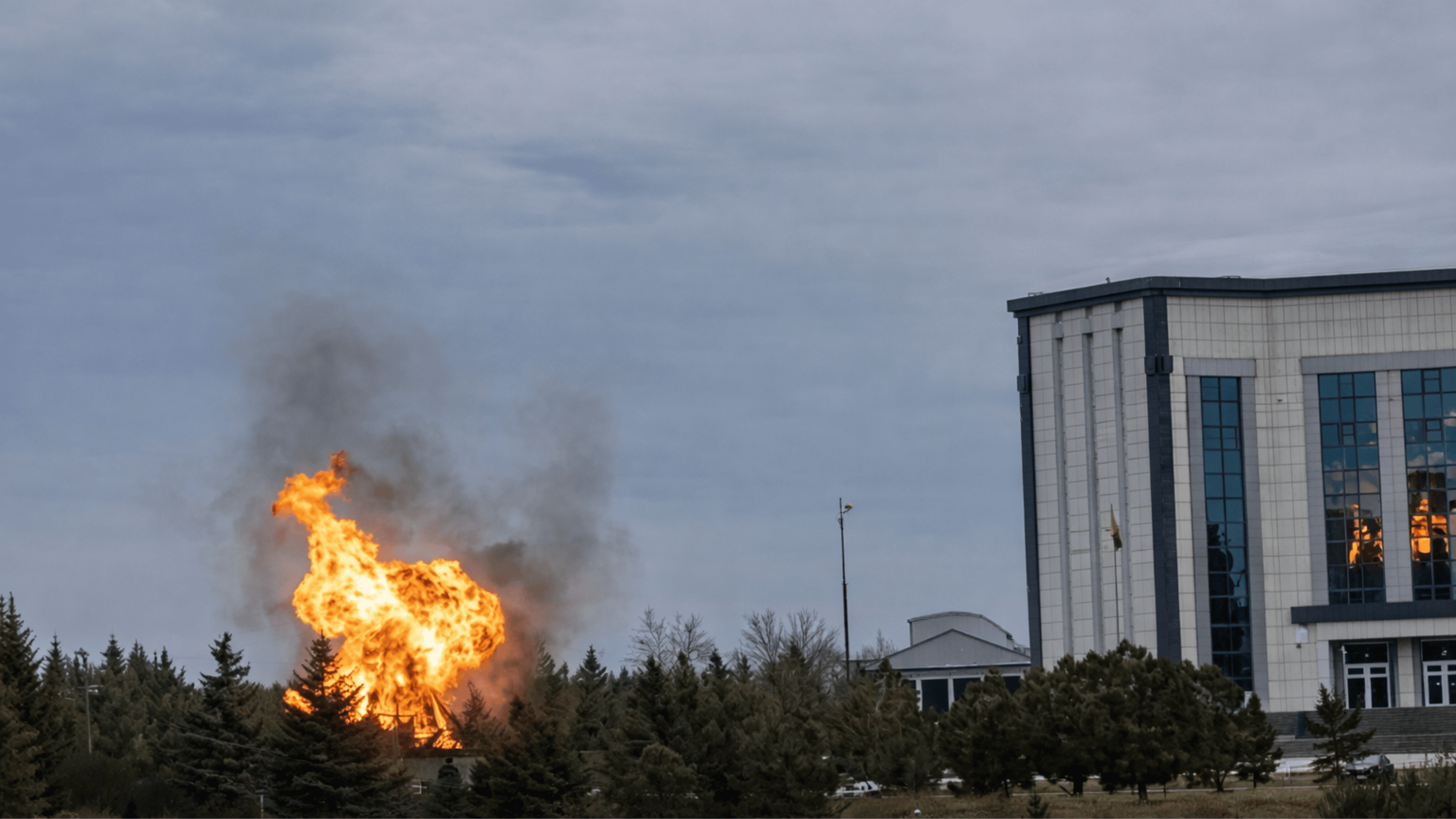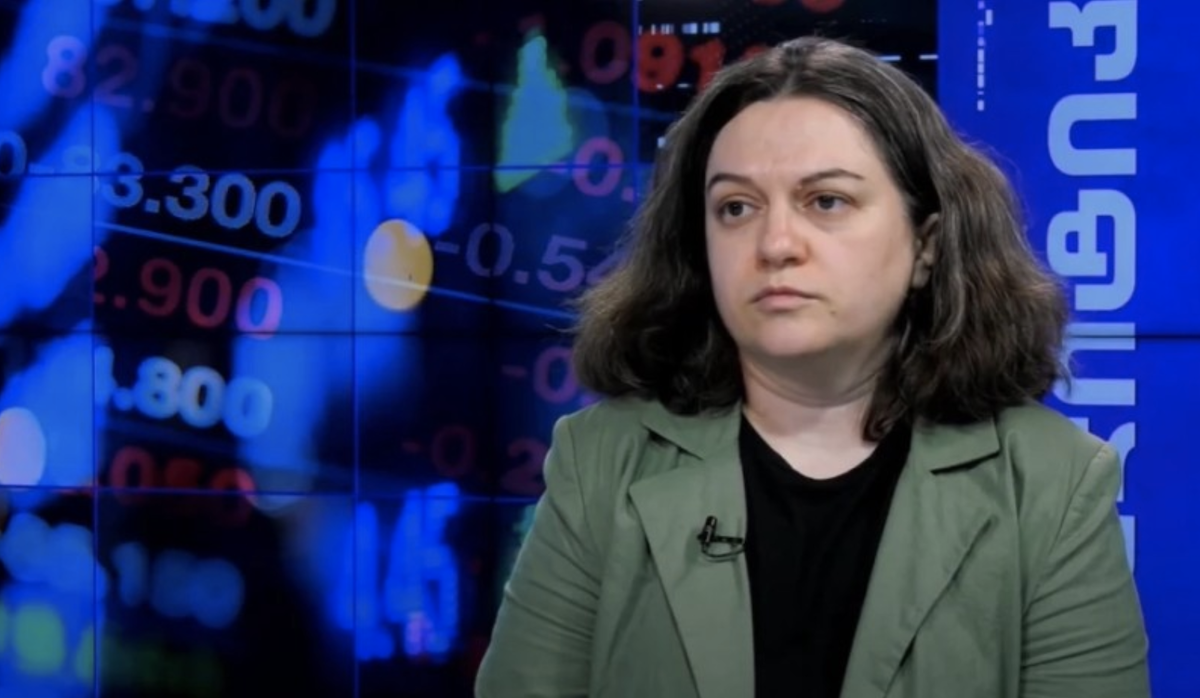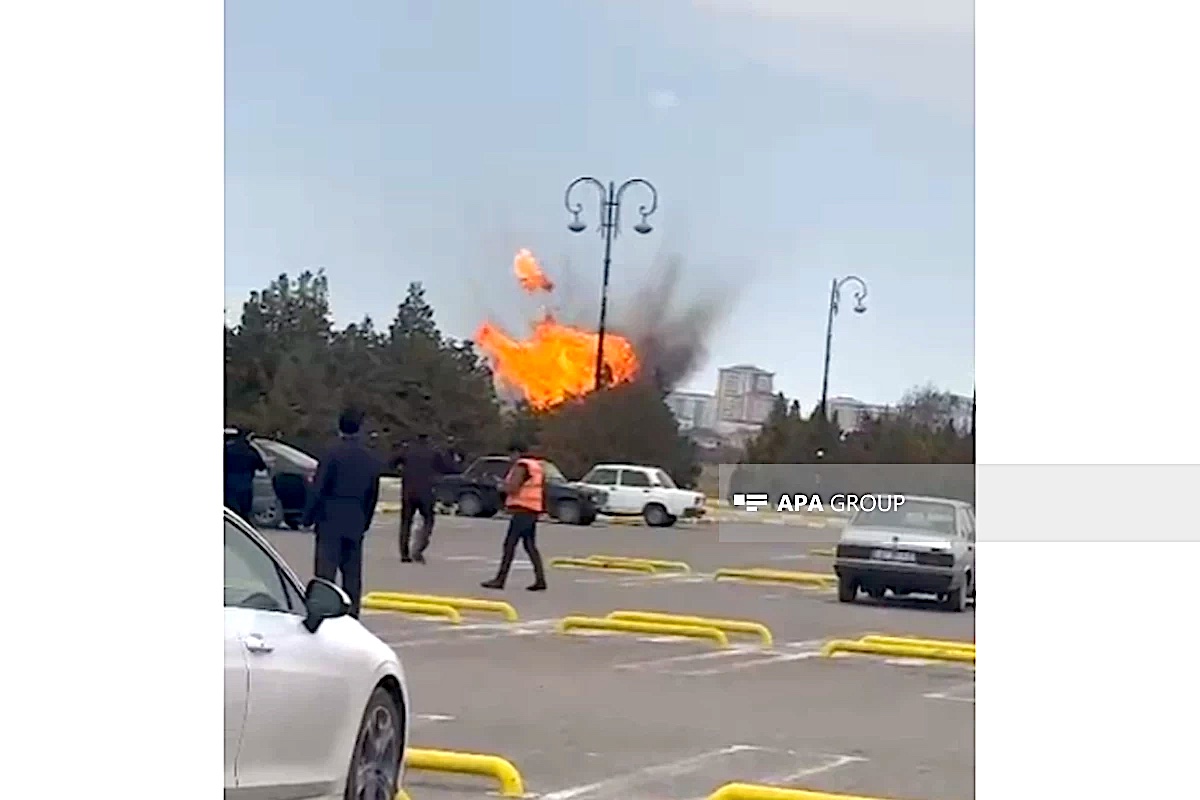South Ossetia: “We don’t usually receive medical exams, because our doctors have been fired”
Inmates of the prison in Tskhinval have embarked on an indefinite strike, demanding better conditions for themselves. Specifically, they have called on the authorities to:
- allow them to serve their terms in a penal colony, rather than in jail;
- enforce the parliament’s resolution to mete out preferential treatment to all the inmates of colony #1 (count one year of incarceration as one year and a half);
- segregate facilities for prisoners of the ‘general’ and ‘strict’ incarceration regimes;
- expand their outdoor recreation territory;
- allow a greater number of visits from their families and friends;
- install windows in their cells;
- ensure better medical care and medicines supply
A text signed by a group of Tskhinval prison strikers, also published on Instagram, says:
“The prison lacks basic amenities, and it does not provide for lengthy stays, even though some prisoners have had to spend more than ten years here. There’s no outdoor facility for us to walk in… We don’t usually receive medical exams, because our doctors have been fired. In the past, we’ve had a number of meetings with MPs who promised to have a law on preferential calculation of prison terms passed – first by the end of 2015, and then by the end of 2016, but they have still to do this.”
Relatives of the strikers say the protest started to brew after the amnesty, proclaimed by the parliament to celebrate the election of a new president (on 9 April, 2017), had proved a disappointment: out of the 50 inmates only two were found eligible for early release, and even they are still waiting for the decision to be enforced. In all, 20 prisoners had expected to benefit from the amnesty.
Earlier, law enforcers raided prison cells, causing outrage among the prisoners and their families who claim the raiders went beyond seizing what items the inmates were not supposed to have on them and ravaged the cells, smashing furniture, dishware and other utensils in the cells.
The president of South Ossetia responded by lashing out at the head of the colony and chief of the department for implementation of punishments, saying that whatever violations there were in the prison couldn’t have happened without the connivance of the department’s staff.
Authorities’ response to the inmates’ demands
After visiting the prisoners, Justice Minister Zalina Lalieva promised to see that their conditions are improved.
At the same time, she said the conditions in the prison were “not the worst” it could be.
“The inmates enjoy three meals a day. There are shower rooms and an outdoor ‘walking’ zone, with the discipline being rather lenient,” the minister said.
Mobile phones, sharp items, and weed seeds were among the items seized during the raid. Minister Lalieva saw this as proof of ‘lenient discipline’.
Moreover, she stated that more than twenty South Ossetians who were serving their time in Russia’s jails had now written to her ministry, asking that they be transferred to the Tskhinval prison.
She said the prison had done without a doctor for about a year now, and prisoners would be sent for medical examination to the republic’s central hospital when necessary.
“Never once has an inmate who needed medical help gone unattended by the prison authorities,” the minister told journalists.
She said the prisoners underwent a prophylactic medical examination once a year, and a nurse was permanently available to help.
Amiran Dyakonov of South Ossetia’s People’s Party said all political forces needed to come together to jointly discuss the problem.
The prison in Tskhinval was established in 1992, taking residence in what used to be a detoxification centre in soviet times. As of now, 50 people are serving their sentences there, of which 23 have gone on strike.
Toponyms and terminology used by the author, as well as views, opinions and strategies expressed by them are theirs alone and do not necessarily reflect the views and opinions of JAMnews or any employees thereof. JAMnews reserves the right to delete comments it considers to be offensive, inflammatory, threatening or otherwise unacceptable.



















